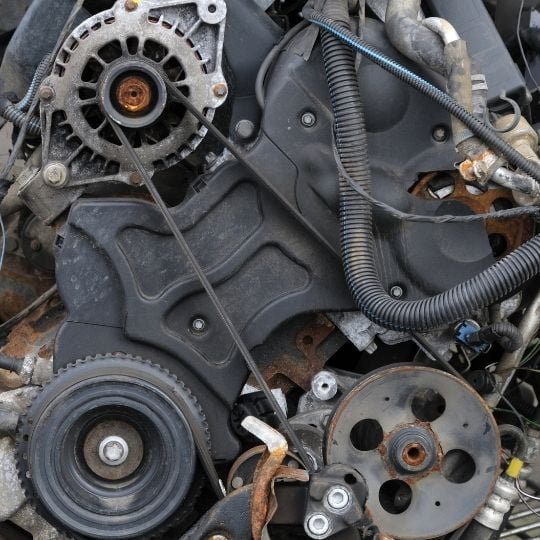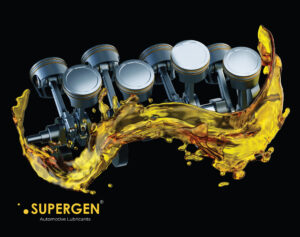Should I Use Thicker Oil In An Older Engine?
Engine oils come in different levels of viscosity or thickness, since different engines have varying requirements. This thickness of oil is called the grade of the oil in the automobile industry. It is best to use only the engine oil grade that the manufacturer recommends for your particular type and model of vehicle.
However, it is believed that older engines for high-mileage passenger cars might require thicker oil with age and time. Thus, you could use a thicker oil such as 10W-30, when your car/engine has been driven for around or more than 100,000 miles, since thicker oil might provide more lubrication and thus preserve the engine better.
Should I use thicker oil in a high mileage engine?
As mentioned earlier, it is always safest to stick to the engine oil grade and type that has been recommended by the manufacturer of your vehicle. High mileage engines often face the problem of oil leaks. There are certain engine oils that are specifically made for higher-mileage engines, but they are also more expensive than other oils.
Thus, lots of mechanics suggest using a thicker engine oil for high mileage engines, since thicker oil is less likely to leak. Similarly, one could also try using oil with anti-leak additives to prevent this problem.
What would happen if you use oil that is too thick for your engine?
Both thick and thin engine oils have their own benefits and disadvantages and must be used only in suitable circumstances. Using the wrong type of engine oil can cause various types of damage to the engine and might harm its functioning in the long run.
When you use an engine oil that is too thick for your engine, it will reduce the fuel mileage and fuel efficiency of your car. This is because thicker oil will offer more resistance between moving parts of the engine and thus more fuel will be needed to get them moving.
Can heavier oil prolong a high-mileage engine’s life?
Many older, high mileage engines might face issues with oil pressure due to age and wear and tear.
In this case, a practical method to improve oil pressure is to use a thicker oil, since the thicker oils have heavier base weight oil, which can help protect worn engine bearings well. However, one must take care to ensure that no knocking or strange noises are heard from the engine after switching to a thicker oil.
Is full synthetic oil good for older engines?
A lot of people are under the impression that full synthetic oil is thin and has lower viscosity than regular oil and thus is more susceptible to leaks in older engines.
However, this is a myth. In reality, full synthetic oil is manufactured using complex processes which make it very effective in all types of engines. Some synthetic oils might also have anti-leak additives, which make them even safer. Thus, it is completely safe to use full synthetic oil even for older engines.
What happens when you use the wrong weight of engine oil?
When speaking of automobiles, the weight of the oil refers to the thickness or viscosity of the oil. This thickness is expressed in terms of the grade of the oil, such as 10W-30 or 20W-50, etc.
Each type, model and make of engine requires a different grade of engine oil to be able to function optimally and this grade is specified by the manufacturer. In order to keep the engine in the best possible condition, one must follow this recommended oil grade.
However, using oil that is one or two grades higher or lower than the specified one generally does not cause much long term damage and is thus safe in most cases.
However, vehicle owners should be careful not to vary the grade too much since that might cause issues with fuel efficiency, leaks, lubrication, etc.








